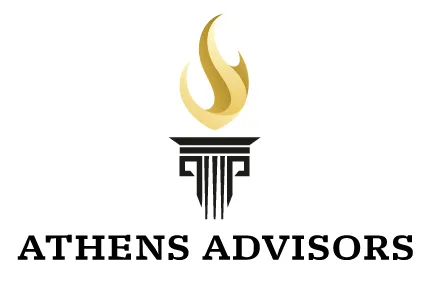FAQs
Frequently Asked QuestionsLEARN ABOUT ATHENS ADVISORS
FAQs
I'm a freshman. Is it too early to get started?
I'm a senior. Is it too late?
Our family is not wealthy. Can we afford your service?
This may be the biggest surprise of all. Much of our work pays for itself in the long run. For example, a 2014 study found that just 19 percent of public university students graduate in four years. Our students are focused and have a plan. The first criteria of their college choice is FIT. They know if their college fits them, they will be successful. They take that mentality into the university and tend to wander less than those who have not received strong counseling. Less time in school saves money. UC Davis estimates a 2018/19 student will spend $30,234 in a single year living off campus and $35,178 to live on campus. Students often switch schools due to mismatches. Good counseling with students graduating in their chosen major helps them reach their professional goals.
A very inexpensive option is attending one of our workshops. By sharing the attention with a group of other students, the cost per student is reduced. Our workshops typically last 3-5 hours of very detailed information and have ample opportunities to ask questions.
Consider how much it would cost for a parent or two to take a student on a regional tour of colleges. Flights, hotels, a rental car and taking time off work to do the serious work of researching schools. Our tours may actually cost less than doing it yourself, plus your student will be with fellow like-minded students and counselors for a whole week.
What are the expectations from the family?
Why do you require a deposit for campus tours?
What happens on a college tour?
We spend a lot of time together; typically four to six full days. Our college planning experts are with you throughout the week. We are together on a bus or van, eat meals together, and stay at the same hotel. That’s more time together than you’ll spend with your high school counselor in four years, most likely. We discuss the schools being visited, answer questions before and after the visit, and give you our best advice. Please take the opportunity to sit with us so we can get to know you better!
What are some of the top reasons people choose a particular college?
Athens Advisors counselors have decades of combined knowledge. Here’s our Top 10 list:
-
Academic programs: The availability and quality of academic programs and majors are often a key factor in choosing a college. Students may be drawn to a school because of its reputation for excellence in a particular field or the availability of specialized programs.
-
Location: The location of a college can be an important consideration for many students. Some may prefer an urban campus while others may prefer a more rural setting. Additionally, proximity to home or family may also be a factor.
-
Research and technology: For students with strong interests in a profession or subject like STEM, students may choose a college or university that offers ample research opportunities in their field. The availability of research funding, access to state-of-the-art equipment, and partnerships with industry can be important considerations. Technology plays a vital role in education, and STEM students especially may prefer schools with modern, well-equipped facilities that support their learning and research.
-
Reputation and prestige: The reputation and prestige of a college or university can be a major factor in a student’s decision. Many students are drawn to schools with a strong academic reputation or a history of producing successful graduates.
-
Campus culture: The culture and atmosphere of a college can be a deciding factor for some students. Factors such as campus size and the availability of extracurricular activities can all play a role. Some students may choose a college or university based on the diversity and inclusivity of the community.
-
Faculty: The quality and reputation of a college’s faculty can be an important consideration for students. They may be drawn to schools with well-respected professors or faculty members who are leaders in their fields. Students may prefer schools with low faculty-to-student ratios, which can allow for more individualized attention from professors and a more personalized learning experience.
-
Student support services: The availability of student support services such as academic advising, tutoring, and counseling can be an important consideration for students. These services can help students succeed academically and personally.
-
Campus facilities: The quality and availability of campus facilities such as housing, dining, and recreational facilities can be important factors for students. Most students want to attend schools with modern, well-maintained facilities. Campus tours can be great for sniffing out these factors.
-
Alumni and professional network: The strength and reach of a college’s alumni network can be a factor for some students. They may be drawn to schools with active alumni associations or strong connections to industry leaders. STEM students may be drawn to schools that have strong connections with industry leaders, providing them with internship opportunities to gain hands-on experience and network with potential employers. These programs can provide students with valuable work experience and help them build professional networks.
-
Personal fit: Ultimately, the decision to attend a particular college often comes down to personal fit. Students may choose a school because they feel comfortable on campus or because they believe it is the best place for them to achieve their academic and personal goals.
